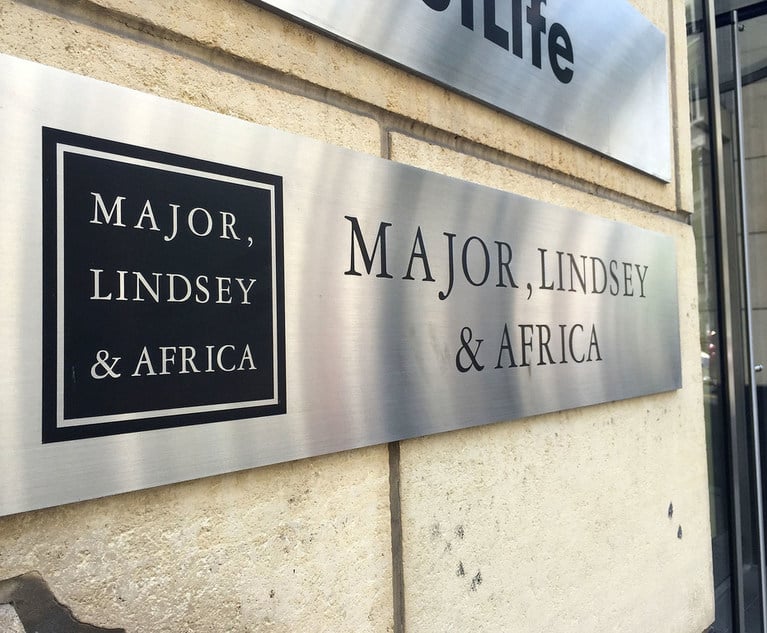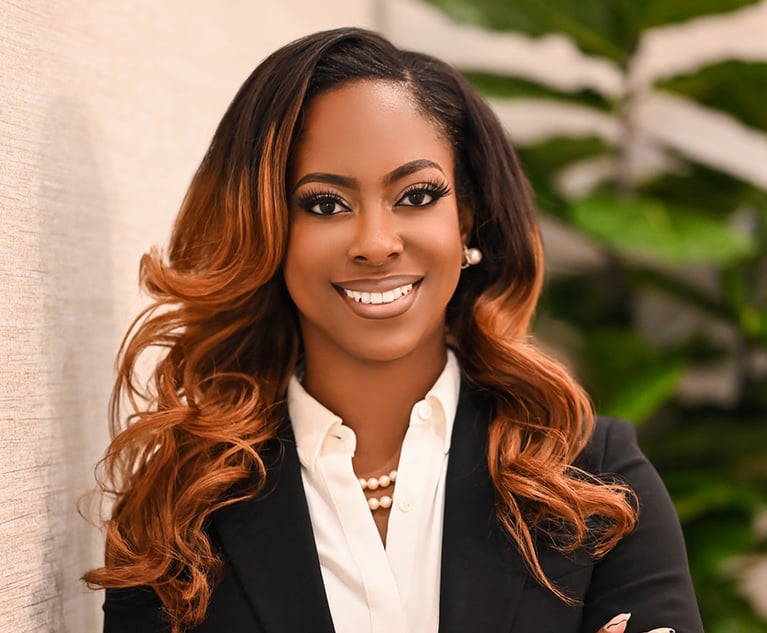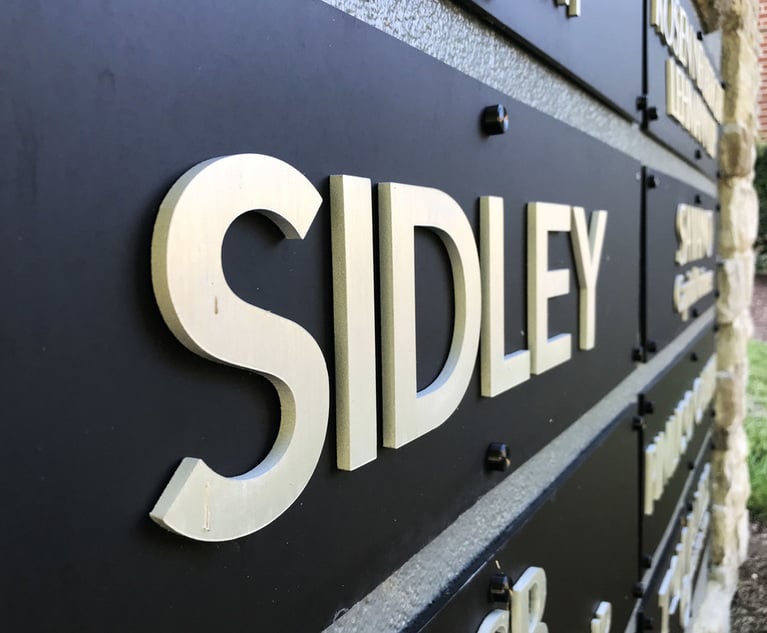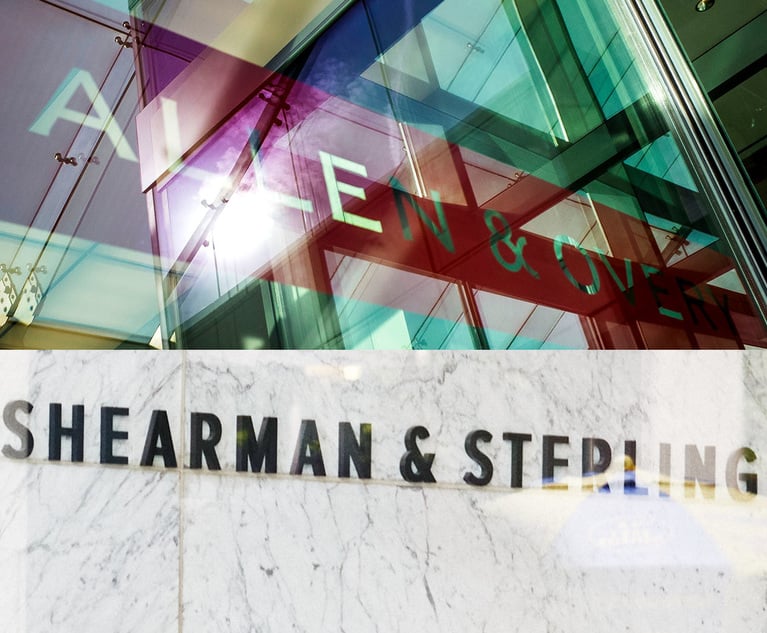Editor’s Note: This column is adapted from ALM’s Mid-Market Report. For more business of law coverage geared toward midsize firms, sign up for a free trial subscription to ALM’s weekly newsletter, The Mid-Market Report.
Several midsize firms have made significant advances in increasing the diversity of their young legal talent, but it’s still a work in progress.
Schwabe Williamson & Wyatt in the Pacific Northwest and Drew Eckl & Farnham in Atlanta have both expanded representation of racial minorities and women among their associate ranks, starting with entry-level associates, thanks to some innovative tactics.
But retention is still an issue for both firms as associates advance through the talent pipeline. They’re not alone—a recent NALP survey of data from 800 firms found that retention can be as much an issue as recruitment when it comes to improving diversity.
Schwabe is effectively pulling diverse young lawyers into the pipeline through a 1L diversity fellowship program that’s entering its 10th year and a 2014 overhaul retooling of interview process for associate candidates.
At this point for Schwabe, retention “is the biggest area we, like every other firm, need to work on,” said Joe Straus, a Seattle shareholder who chairs the diversity committee. “We’re very proud of our efforts but we have a long way to go.”
Establishing the Pipeline
Drew Eckl embarked on a quantifiable diversity push at the start of 2020, tracking the percentages of women and minority lawyers at each phase of the talent pipeline from summer associates to equity partners, and set concrete improvement targets by 2025.
Over the summer Drew Eckl added to its strategy by recruiting from Historically Black College and Universities, a move sparked by the renewal of calls for racial justice in the wake of police killings of George Floyd and others.
In the Pacific Northwest there are no historically Black colleges and universities (HBCUs), but Schwabe has added 22 law schools too its recruitment network over the past few years, Straus said. It hired summer associates last year from a couple, Arizona State University and UCLA, including two nonbinary black women.

 Credit: Askhat Gilyakhov/Shutterstock.com
Credit: Askhat Gilyakhov/Shutterstock.com








